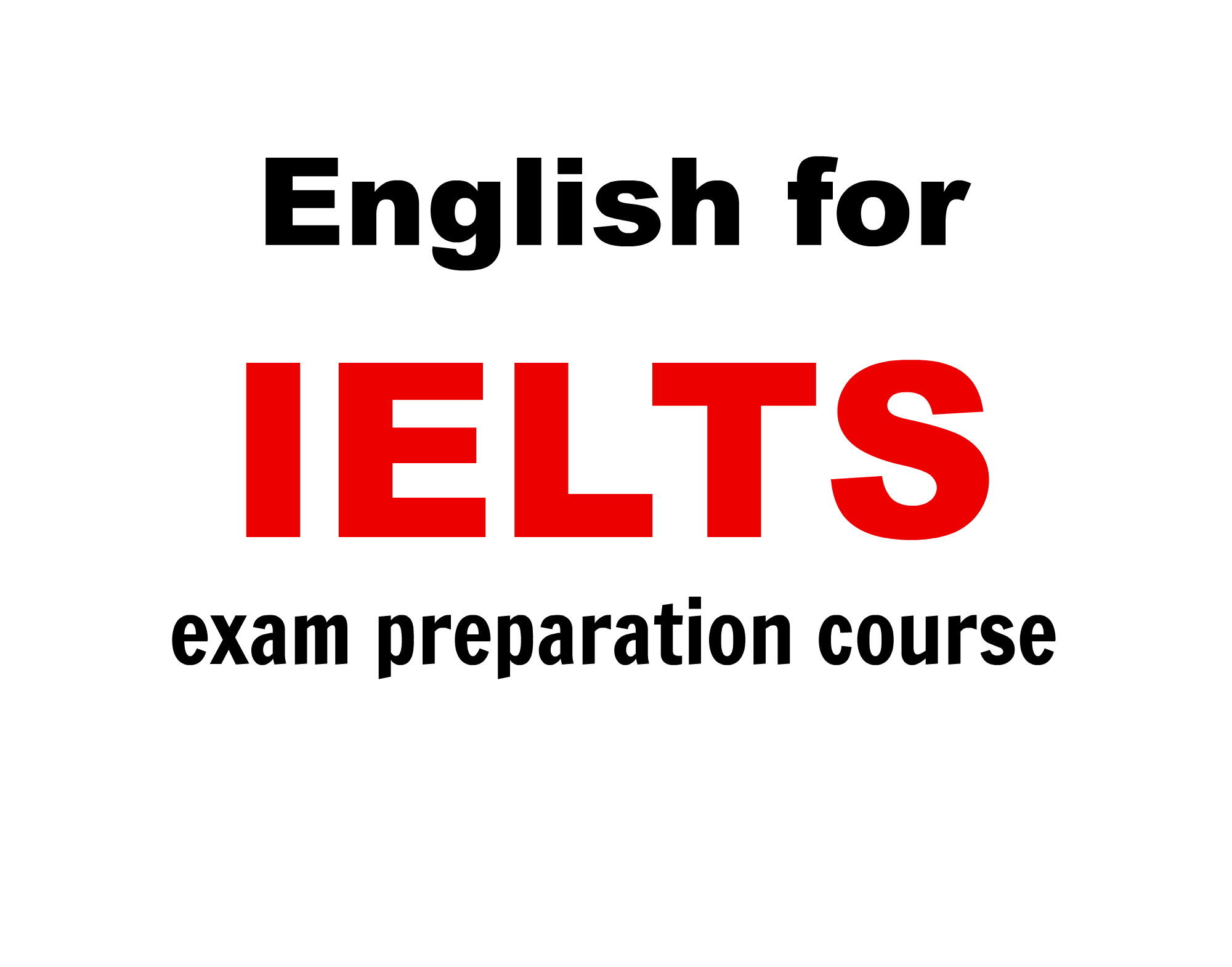Free Online Classes for IELTS, Boost Your Score with No Cost on online classes for International English Language Testing System (IELTS) are becoming increasingly popular as more students opt for self-paced learning from the comfort of their homes. With a plethora of resources available online, it’s easier than ever to prepare for the IELTS exam without having to attend traditional classroom sessions. Many online courses offer free IELTS preparation lessons and practice tests that students can access at their own convenience.
Online IELTS courses offer a range of benefits to students. Firstly, they provide a flexible learning environment where students can learn at their own pace and at a time that suits them. This is particularly useful for students who are working or have other commitments. Additionally, online courses often offer a more affordable option for IELTS preparation compared to traditional classroom sessions. This is because they eliminate the need for students to travel to a physical location, which can be costly and time-consuming.
Overall, online classes for IELTS offer a convenient and cost-effective way for students to prepare for the exam. With a variety of free resources available, students can access quality IELTS preparation materials from the comfort of their home and at their own pace.
Exploring Free IELTS Online Courses
Preparing for the IELTS exam can be challenging and expensive. Fortunately, there are several online platforms that offer free IELTS preparation courses. In this section, we will explore the different platforms that offer free IELTS preparation courses, the course content and structure, and the advantages and disadvantages of self-study versus structured courses.
Platforms Offering Free IELTS Preparation
There are several platforms that offer free IELTS preparation courses, including Class Central, Udemy, Great Learning, British Council, and Oxford Online English. Each platform has its own unique features and course offerings. For example, Class Central offers over 90 IELTS preparation courses from top universities around the world, while Great Learning offers a crash course for IELTS preparation with expert instruction from a British Council certified trainer.
Course Content and Structure
The course content and structure of free IELTS preparation courses vary depending on the platform. However, most courses cover the four sections of the IELTS exam: Listening, Reading, Writing, and Speaking. The courses may also include practice tests, quizzes, and assignments to help students assess their progress and improve their skills. Some courses offer live instruction and feedback, while others are self-paced and can be completed at the student’s own pace.
Self-Study vs. Structured Courses
Self-study and structured courses both have their advantages and disadvantages. Self-study allows students to work at their own pace and focus on areas where they need the most improvement. However, self-study requires a high level of self-discipline and motivation, and students may miss out on the benefits of live instruction and feedback. Structured courses, on the other hand, provide students with live instruction and feedback, as well as a structured curriculum and deadlines to keep them on track. However, structured courses can be more time-consuming and may not be as flexible as self-study.
In conclusion, free IELTS preparation courses offer a cost-effective way for students to prepare for the IELTS exam. Students should carefully consider the advantages and disadvantages of self-study versus structured courses and choose the platform and course that best suits their needs and learning style.
Maximizing Learning Outcomes
To make the most out of online classes for IELTS, learners need to have a clear strategy and follow best practices. Here are some tips to help maximize learning outcomes.
Setting Achievable Goals
One of the most important things that learners need to do is set achievable goals. This includes setting targets for each section of the IELTS test, such as achieving a certain score for reading, writing, speaking, and listening. By setting specific and measurable goals, learners can track their progress and identify areas for improvement.
Utilizing Practice Tests
Another effective way to prepare for the IELTS test is by utilizing practice tests. Online classes for IELTS often provide access to a range of practice tests, which learners can use to familiarize themselves with the test format and content. By taking practice tests, learners can identify their strengths and weaknesses and focus their efforts on areas that need improvement.
Engaging with Community and Forums
Online classes for IELTS often provide access to a community of learners and forums where learners can interact with each other and with instructors. Engaging with the community and forums can be a great way to get support, ask questions, and share tips and strategies. Learners can also benefit from the experience and insights of others who have already taken the test.
Time Management and Schedules
Finally, effective time management and scheduling are crucial for maximizing learning outcomes. Learners need to set aside dedicated time for studying and practice, and ensure that they stick to a consistent schedule. This includes setting aside time for each section of the test, as well as for reviewing and practicing areas that need improvement. By following a consistent schedule and managing their time effectively, learners can ensure that they are fully prepared for the IELTS test.
